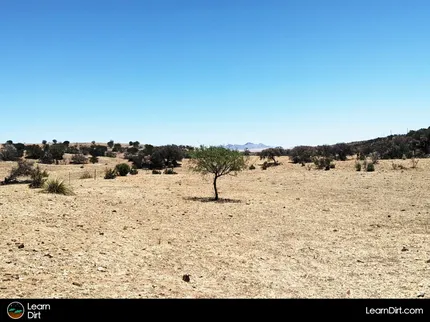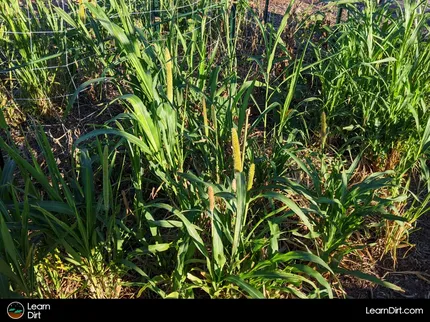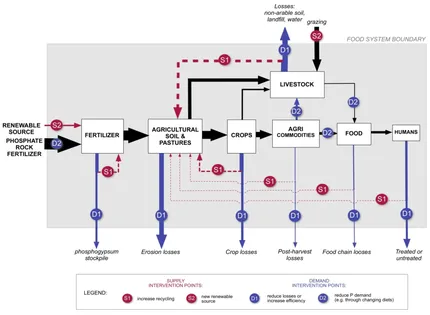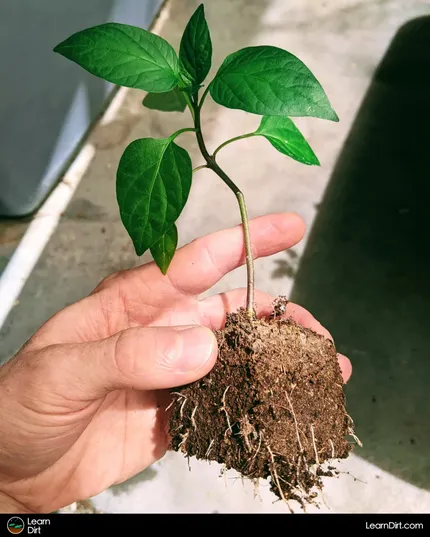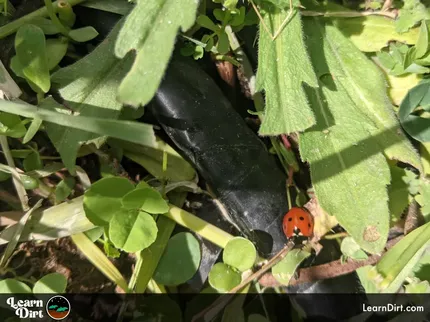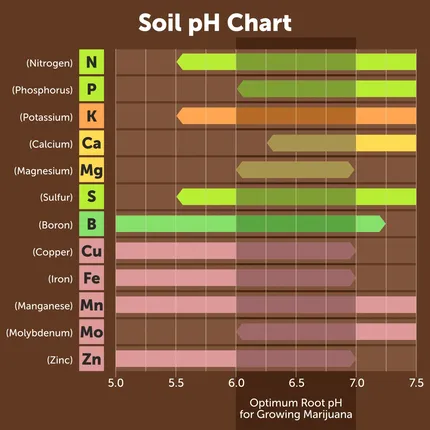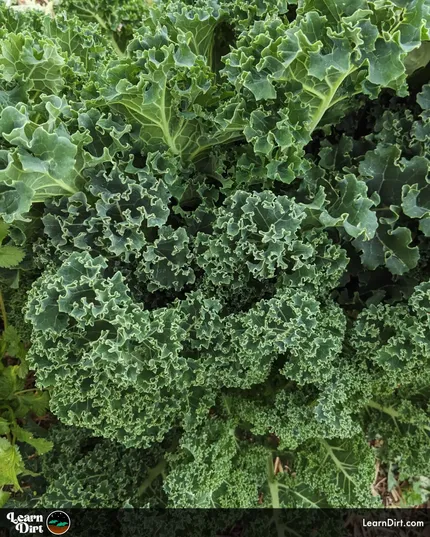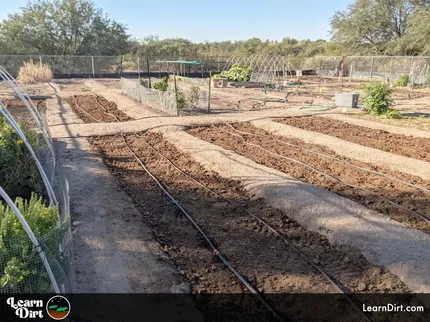Table of Contents
* Our articles never contain AI-generated slop *
Korean Natural Farming is the brainchild of Master Han Kyu Cho, a Korean farmer who spent some time in Japan where he studied traditional Japanese natural farming methods.
After returning home to Korea, Master Cho incorporated these natural farming methods with local techniques and ideas around fermented foods which were common in Korea.
This fusion ultimately became what is known as Korean Natural Farming (KNF).
Disclaimer: This post may contain affiliate links. Refer to the privacy policy for more information.
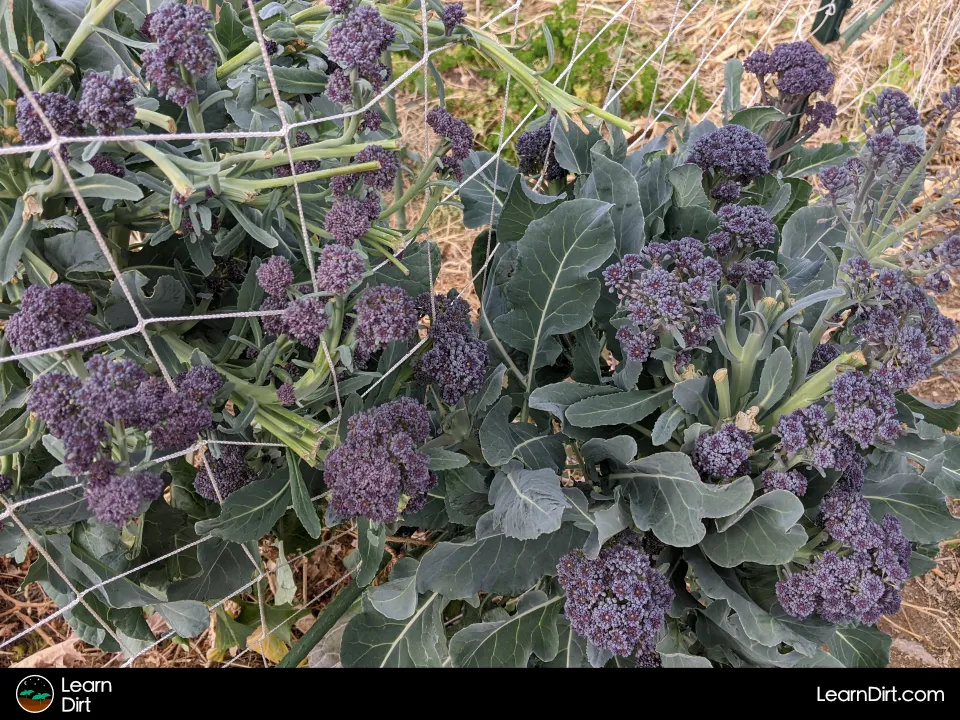
Korean Natural Farming Inputs
Master Cho's work focuses on ways to generate most or all of a farm's necessary inputs from the farm's own waste products.
This includes compost, weeds and wild plants, eggshells, and more.
Some of the preparations below are used in order to cycle farm waste back into available nutrients and biology.
Fermented Plant Juice (FPJ)
Fermented plant juice is an anaerobic fermentation of weeds and plant trimmings.
By submerging plant matter in a bucket or barrel full of water and leaving it in the sun for a few weeks, an anaerobic fermentation is contains two important things:
-An extract of the nutrients contained within the plants
Join The Grower's Community
Your space to connect, learn, and belong 🌱
Check It Out!
-A probiotic solution that's absolutely teaming with microbes
The combo makes FPJ a powerful fertilizer and inoculant for plants, and does so much quicker than waiting for those weeds and trimmings to compost in a traditional compost pile.
Check out the FPJ article here for more info.
Water-Soluble Calcium (WCA)
The process of fermenting eggshells yields a water-soluble form of calcium which can be applied to soils.
Fish Amino Acid (FAA)
Fish byproducts are utilized (heads, offal, fins, or any piece not consumed) as a source of amino acids for plant growth.
JADAM Wetting Agent (JWA)
JADAM is discussed in-dept in The Orange Book written by Master Cho's son, Youngsang Cho. In it, he discusses KNF and JADAM extensively.
In The Green Book, Youngsang Cho goes further and discusses herbs used for JADAM.
Both books are recommended reading for anyone getting into KNF.
Lactic Acid Bacteria (LAB)
Korean Natural Farming Techniques
Indigenous Microorganisms (IMO)
KNF recognizes and stresses the important of diverse microbial populations for soil health. It advocates for collection and cultivation of beneficial microorganisms from the local environment (indigenous microorganisms / IMO).
Indigenous microorganism solutions are applied to soils (through irrigation systems or as soil drench) and to plants directly (foliar spray) to enhance soil fertility and plant immune systems.
KNF Pest Management
KNF Philosophy of Giving & Receiving
Reciprocal Relationships
KNF puts a great deal of emphesis on fosting symbiotic relationships in agriculture.
Through balancing the give-and-take of the natural world, we can allow space for sustainability to happen.
Cyclic Energy Flow
Minimizing external inputs reduces costs, transport and effort. As in regenerative agriculture, KNF focuses on reducing the need for external inputs.
By focusing on cycling nutrients through the ecosystem we can reduce outside dependence on costly inputs.
Holistic Farming Approach
KNF focuses on the interconnectedness of soil, plants, insects, animals, and humans.
That's all for now, thanks for reading!
If you have any questions, comments, or would like to connect with fellow gardeners, head on over to the forum and post there.

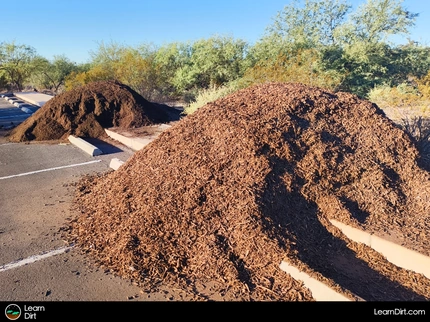
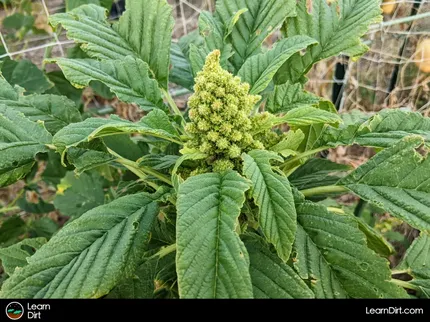
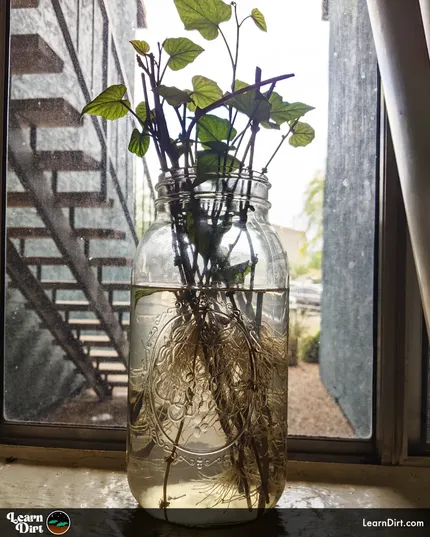
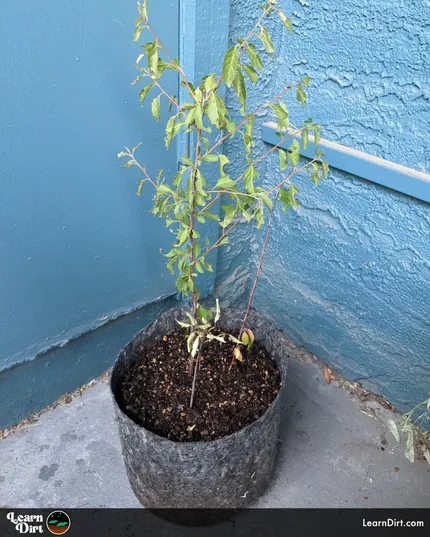
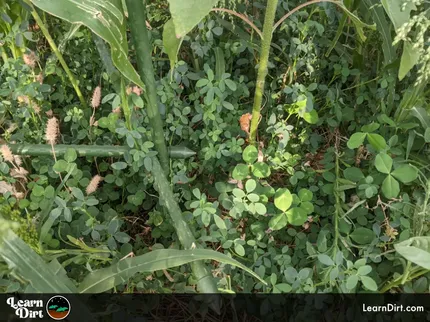
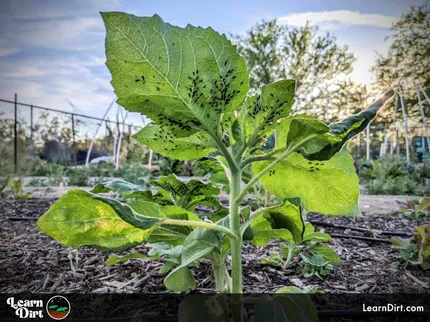
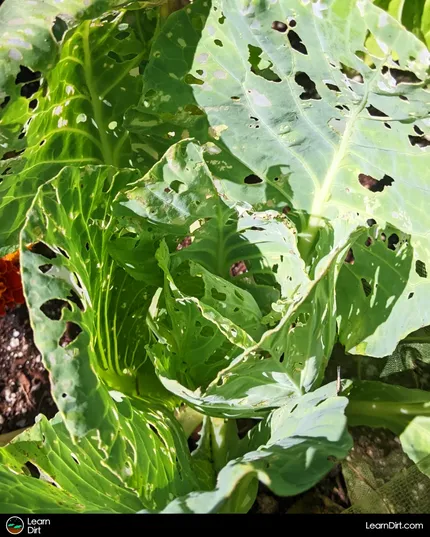
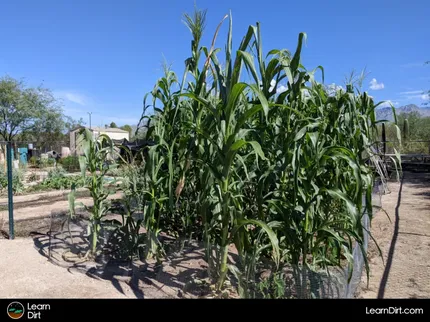
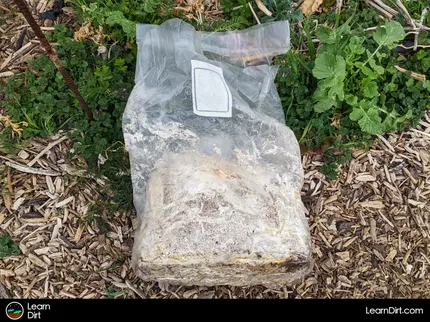
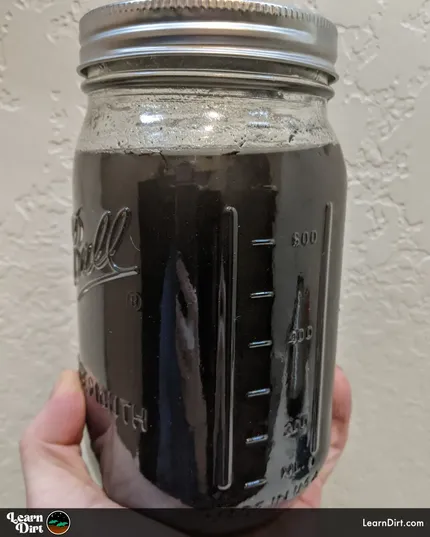
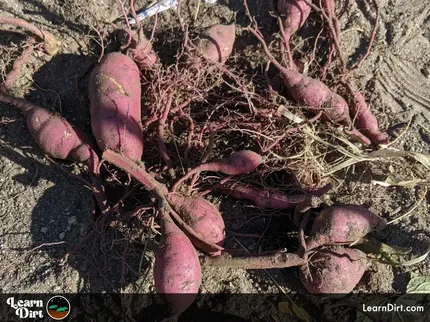

![Black Dirt Live Again [Green] Sticker](/media/product_images/black-dirt-live-again-[green]_sticker_260x260.png)
![Black Dirt Live Again [Purple] Sticker](/media/product_images/black-dirt-live-again-[purple]_sticker_260x260.png)
